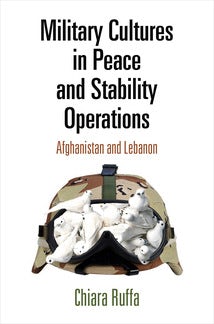
Аннотация
In Military Cultures in Peace and Stability Operations, Chiara Ruffa challenges the widely held assumption that military contingents, regardless of their origins, implement mandates in a similar manner. She argues instead that military culture — the set of attitudes, values, and beliefs instilled into an army and transmitted across generations of those in uniform — influences how soldiers behave at the tactical level. When soldiers are abroad, they are usually deployed as units, and when a military unit deploys, its military culture goes with it. By investigating where military culture comes from, Ruffa demonstrates why military units conduct themselves the way they do.
Between 2007 and 2014, Ruffa was embedded in French and Italian units deployed under comparable circumstances in two different kinds of peace and stability operations: the United Nations Interim Force in Lebanon and the NATO mission in Afghanistan. Based on hundreds of interviews, she finds that while French units prioritized patrolling and the display of high levels of protection and force — such as body armor and weaponry — Italian units placed greater emphasis on delivering humanitarian aid. She concludes that civil-military relations and societal beliefs about the use of force in the units' home country have an impact on the military culture overseas, soldiers' perceptions and behavior, and, ultimately, consequences for their ability to keep the peace.
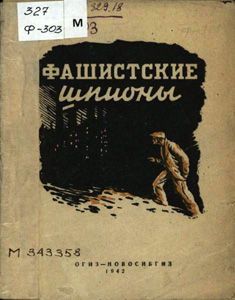
![Аннотация издательства: Книга описывает операции Красной Армии в зимней кампании 1941/42 гг. на советско–германском фронте и ответные ходы немецкого командования,... Наступление маршала Шапошникова [История ВОВ, которую мы не знали]](https://www.rulit.me/data/programs/images/nastuplenie-marshala-shaposhnikova-istoriya-vov-kotoruyu-my_563067.jpg)
![За исходную точку взят 1701 г. - год создания Петром I летучего корпуса - корволанта - для борьбы с противником на путях снабжения армии. Далее подробно описаны... Исторические предпосылки создания спецназа, 1941-1945 гг. [том 2]](https://www.rulit.me/data/programs/images/istoricheskie-predposylki-sozdaniya-specnaza-1941-1945-gg-to_444619.jpg)
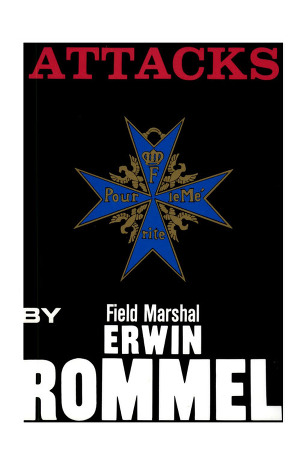
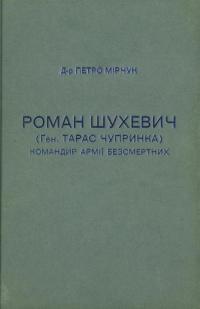
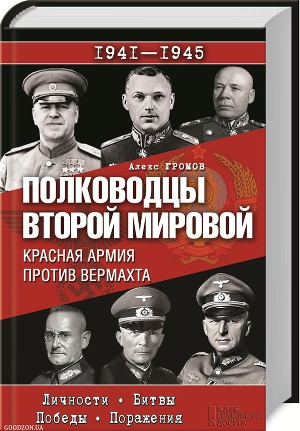
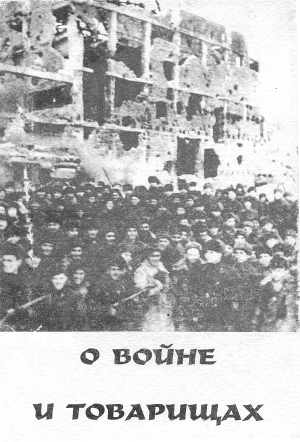
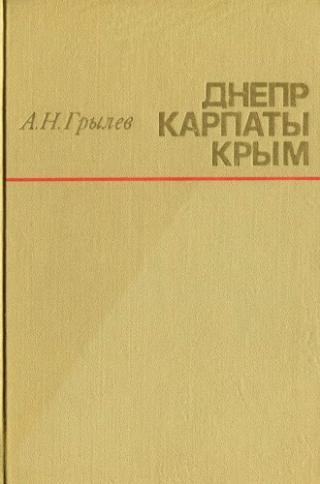
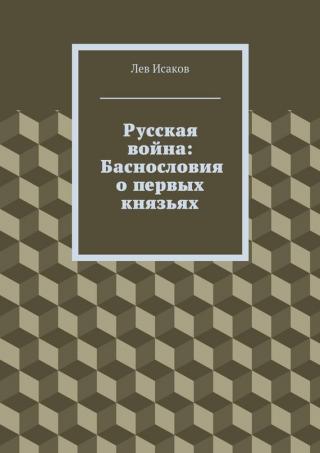
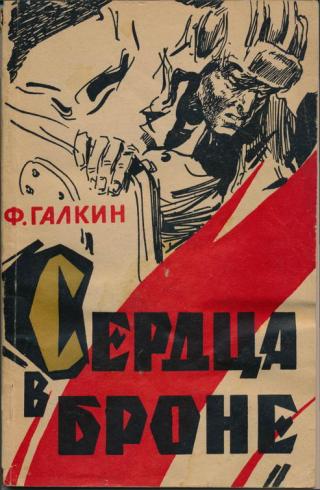
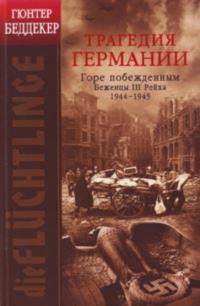
![Правда ли, что небывалое ожесточение Сталинградской битвы объясняется не столько военными, сколько идеологическими причинами и что, не будь город назван именем... Неизвестный Сталинград. Как перевирают историю [= Мифы и правда о Сталинграде]](https://www.rulit.me/data/programs/images/neizvestnyj-stalingrad-kak-perevirayut-istoriyu_295023.jpg)
Комментарии к книге "Military Cultures in Peace and Stability Operations. Afghanistan and Lebanon"